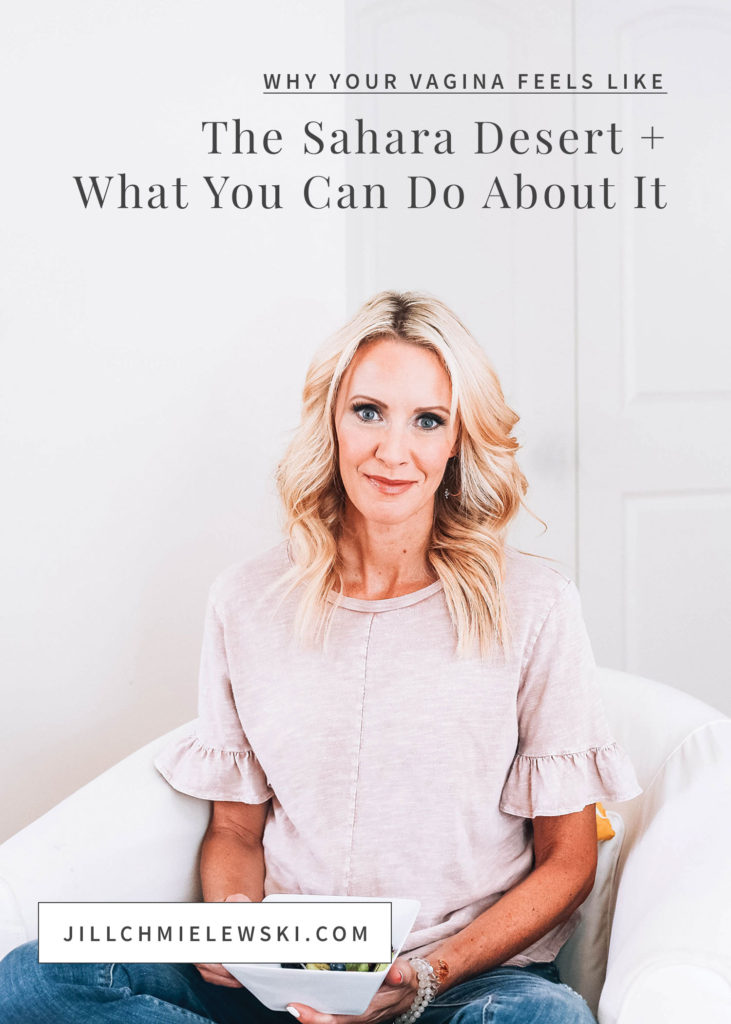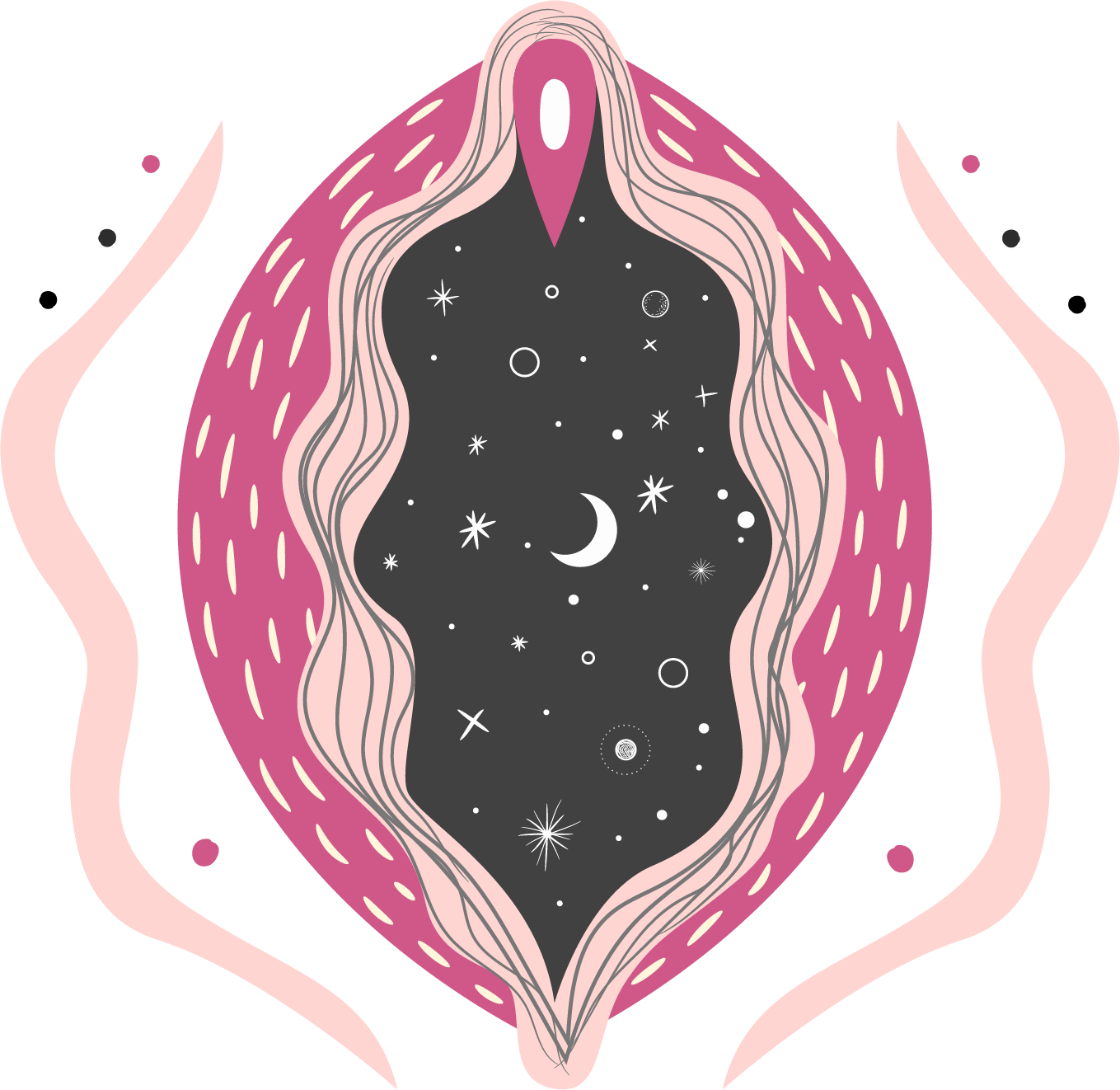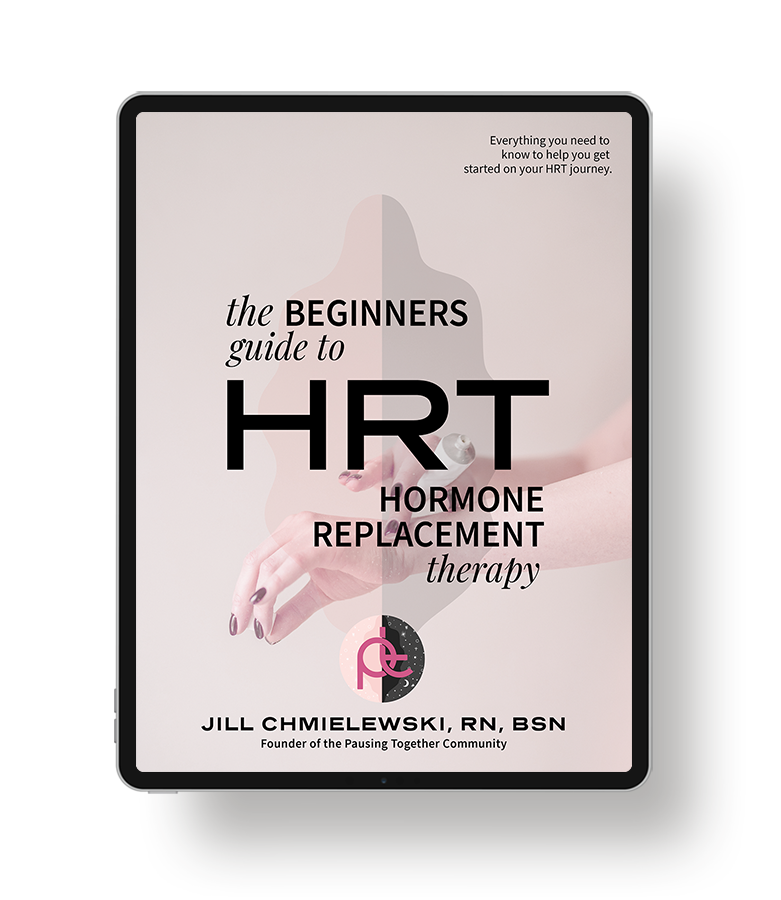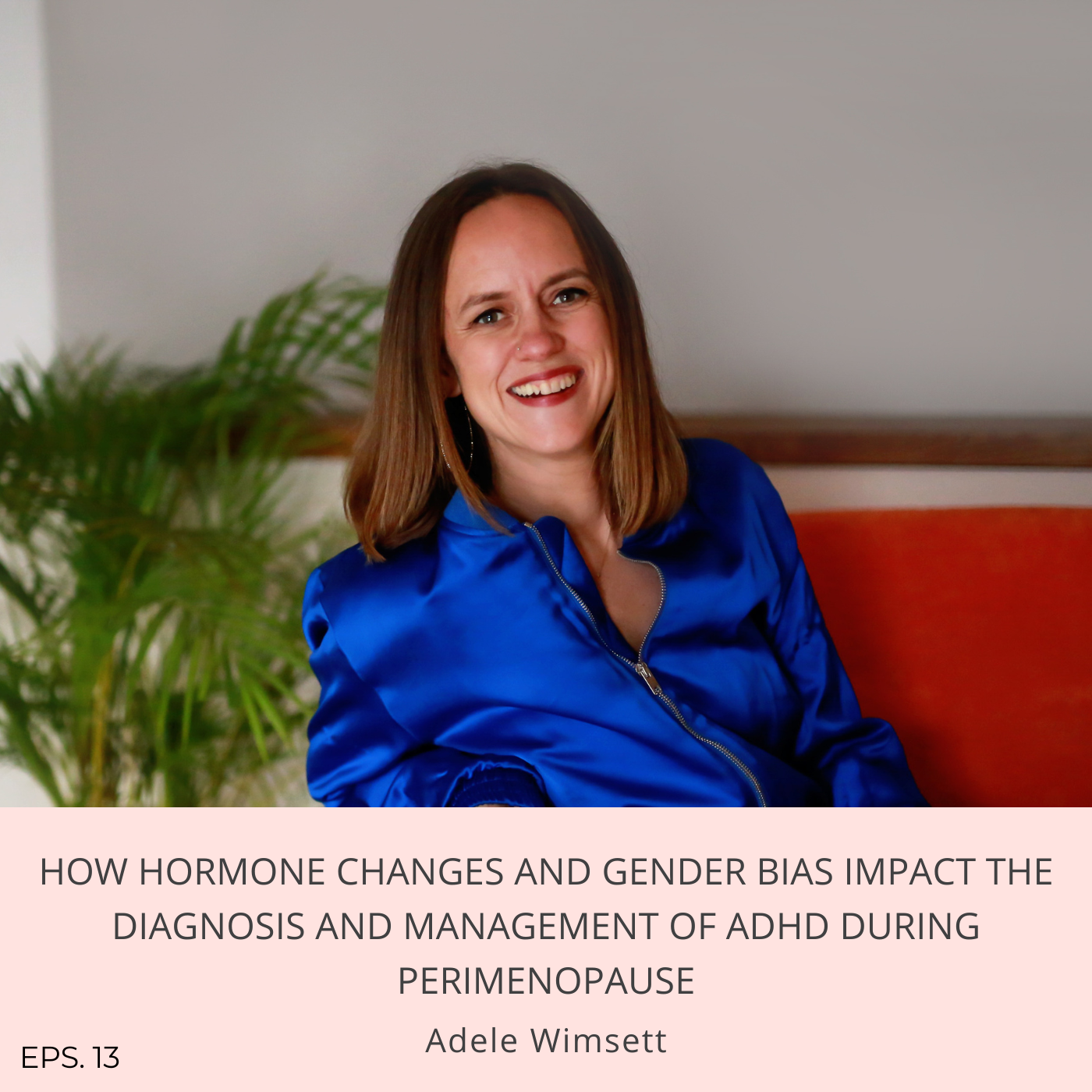I’ve been working in women’s health long enough to know that vaginal dryness and vaginal atrophy are a serious problem for midlife women. In fact, 75% of menopausal women report that vaginal dryness is an “issue.”
It’s kind of an embarrassing topic for us gals ~ No one wants to admit that they’ve lost their juice down there ~ not to their doctor. Not to anyone.

The culprit most often to blame for vaginal dryness and vaginal atrophy? Estrogen. That is LOW levels of estrogen.
Estrogen supports blood flow to the vagina, improves the thickness and elasticity of the vaginal mucosal lining, keeps the vagina “juicy,” so to speak, and enhances nerve sensitivity down there so that women can get aroused.
But it’s not just estrogen that plays a role in vaginal health. DHEA (dehydroepiandrosterone) plays a critical role in vaginal health, as well. DHEA is the precursor hormone to both estrogen and testosterone, so we need optimal levels of this hormone if we want optimal levels of the other hormones.
Without optimal levels of hormones, we wind up with vaginal dryness and, eventually, vaginal atrophy. From this follows pain and difficulty with sex. And the fun doesn’t end there. Vaginal atrophy can lead to irritation of the urethral opening in the vagina, which can cause bladder symptoms of urgency, frequency, and having to arise in the night to urinate — can you say hello, sleepless nights?
So, what can we do to restore vaginal health during the (peri) menopausal years and beyond?
Well, for starters, we need to lay a strong foundation for hormone balance. That means, getting plenty of consistent sleep (I know ~ tough to do when you are up peeing all night long), eating a real-food diet, cutting out sugar, reducing our exposure to hormone-disrupting chemicals, using targeted supplements to address nutrient deficiencies, exercising to boost hormonal health and we need to manage stress, which when sky-high, has a HUGE impact on our hormone health.
Certain supplements like ground flaxseeds, fermented organic soy, black cohosh, maca, and a few others can help boost overall estrogen in some women.
But alas, when all is said and done and your hormones decline (which inevitably WILL happen), you may need some additional help. So I want to share a few quick tips that can help your vagina get its groove back on.
Some targeted remedies include:
Over-the-counter remedies
1. Good old fashioned vaginal lubricants and moisturizers can provide short-term relief from vaginal dryness and discomfort during sex. I’ll be honest and tell you that most of my clients feel like these are just a temporary fix, and I have to agree. They don’t address the heart of the issue, which is a decline in hormones. But it’s worth trying as they can be beneficial in mild cases of vaginal dryness.
2. Vaginal creams that include DHEA can work wonders to bring some life back to your lady parts. Dr. Anna Cabeca developed a formulation called Julva that contains DHEA (along with some other vagina supportive nutrients). I’ve had clients who swear by this formulation.
3. Bezweceken has an entire lineup of vaginal “cubes” that can be used to help restore the vaginal tissue. Some of their formulations strictly address rehydration of the vagina while others contain DHEA, which can work on a deeper level (similar to Julva, which I mentioned above).
4. Low-dose over-the-counter vaginal estriol preparations are available. You’ll want to be sure that you look for a cream that is organic (we don’t want to apply creams to our lady parts that contain toxins ) from a reputable company and to follow the manufacturer’s instructions. Ideally, you would apply the cream to the outside of the vagina, the labia minora, the clitoris, the opening of the vagina (introitus), and/or in the lower 1/3 of the vagina.
Prescription Only Remedies
1. Prescription-strength bioidentical estrogen systemically and vaginal estrogen can make a BIG difference. Systemic transdermal (i.e., topical) bioidentical Bi-Est contains two estrogens: estradiol and estriol, and is only available by prescription. But it can help with vaginal dryness and a whole host of other menopausal symptoms. For some women, though, systemic Bi-Est isn’t enough to resolve vaginal dryness and atrophy. In that case, estrogen can be used locally in the vagina in combination with systemic therapy. There are several different vaginal formulations, including a vaginal ring, tablets, and creams that work locally on the vagina to restore vaginal health.
2. While oral DHEA is available over the counter, it has not been shown to address vaginal dryness or atrophy. Topical DHEA is a different story and has been shown to reduce vaginal dryness, improve vaginal pH, strengthen the vaginal musculature, decrease pain during intercourse, and increase sexual arousal and libido. Where do I sign up, right? This one is only available by prescription, so you’ll need to work with a hormone expert on this one.
3. Testosterone hasn’t been mentioned earlier in this post, but having optimal levels of this hormone has a huge impact on vaginal and bladder/urethral health. Supplementing with testosterone can be a game-changer in saving you all of those nighttime trips to the bathroom, issues with urinary leakage and urgency, and can help boost libido. Testosterone can only be obtained by prescription from a physician. That shouldn’t detour you from pursuing testosterone replacement if that is necessary. All women will experience a decline in testosterone eventually, and this decline is what is most often responsible for vaginal irritation.
I want to hear from you!
1. Was this post helpful for you? If so, please share this post on social media or with any woman who might need this information. Share buttons to the left of this post. 🙂
2. Let’s get social! Join me on Instagram and Facebook for all the latest info on hormones, perimenopause, and to see what I am up to daily.
Want even more hormone and (peri)menopause content?
Sign up for my newsletter, and you’ll get weekly updates delivered straight to your inbox.
MEDICAL DISCLAIMER
Information in this post and on this web site is provided for informational purposes only. The information is a result of practice experience and research by the author. This information is not intended as a substitute for the advice provided by your physician or other healthcare professional or any information contained on or in any product label or packaging. Do not use the information on this web site for diagnosing or treating a health problem or disease, or prescribing medication or other treatment. Information and statements regarding dietary supplements have not been evaluated by the Food and Drug Administration and are not intended to diagnose, treat, cure, or prevent any disease. Always speak with your physician or other healthcare professional before taking any medication or nutritional, herbal or homeopathic supplement, or using any treatment for a health problem.
This post may contain affiliate links. Click here to read my affiliate disclosure.
RESOURCES:
Menopause Practice: A Clinician’s Guide, 6th ed. North American Menopause Society. 2019.
Naumova, Iuliia, and Camil Castelo-Branco. “Current Treatment Options for Postmenopausal Vaginal Atrophy.” International Journal of Women’s Health, Volume 10, 2018, pp. 387–395., doi:10.2147/ijwh.s158913.
Gottfried, Sara. The Hormone Cure Reclaim Balance, Sleep, and Sex Drive; Lose Weight; Feel Focused, Vital, and Energized Naturally with the Gottfried Protocol. Scribner, 2014.
Cabeca, Anna. The Hormone Fix: the Natural Way to Balance Your Hormones and Alleviate the Symptoms of the Perimenopause, the Menopause and Beyond. Quercus, 2019.
Pick, Marcelle. Is It Me or My Hormones? Hay House UK Ltd, 2013.
Rosensweet, M.D., Daved. Happy Healthy Hormones: How to Thrive in Menopause. Kindle Edition.





